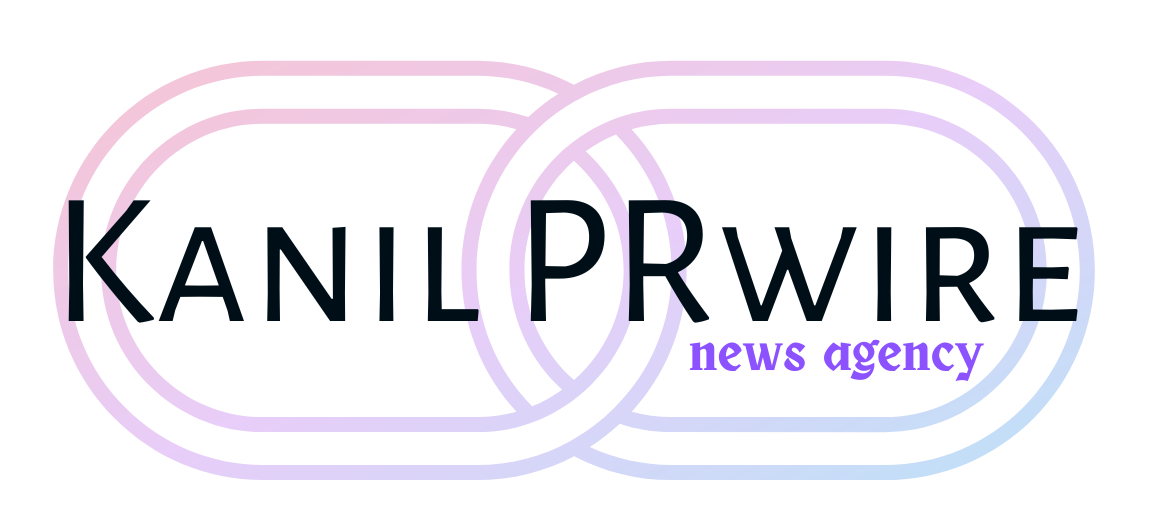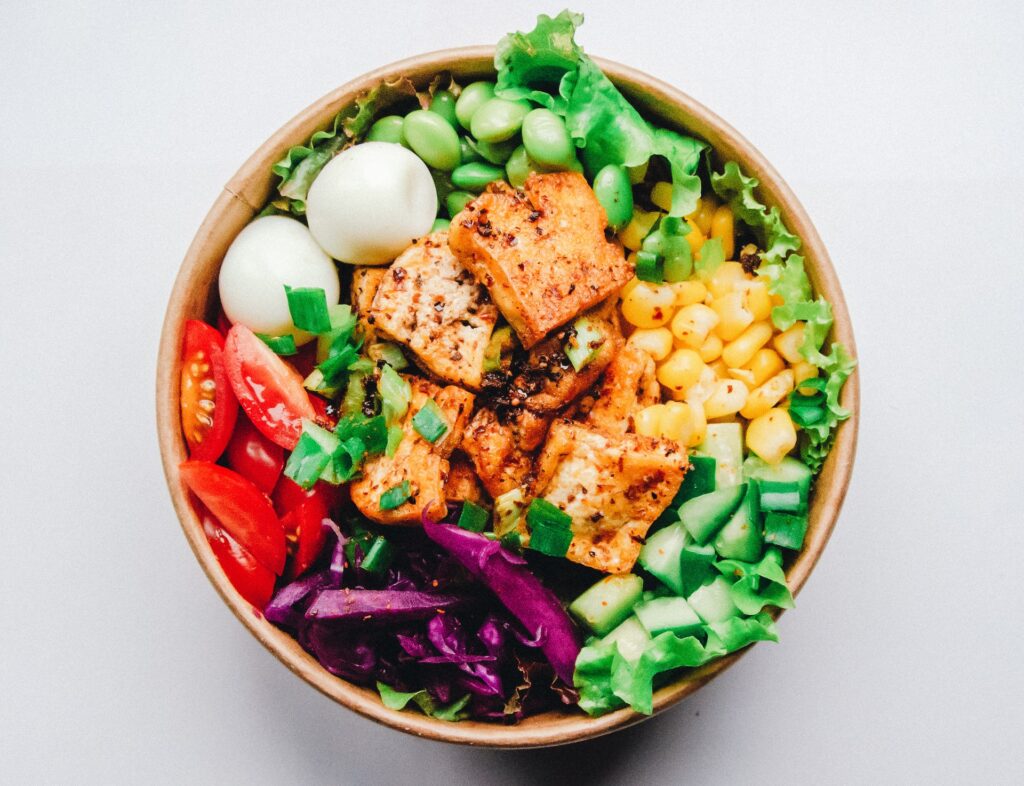An unhealthy diet raises cancer risk, whereas a healthy one lowers it. Fruits, vegetables, healthy grains, and fatty fish are all excellent options for your everyday diet because of their potential to ward off cancer.
Because they contain compounds that shield cells from free radical damage (which can cause cell mutation and cancer growth), these foods are also known as antioxidant-rich foods.
Introduction
Preventing cancer can be greatly aided by eating healthfully. While research has yet to pinpoint which foods prevent cancer in particular, some have been shown to reduce the risk of cancer. A cancer-free diet should include many of the items listed below.
Consuming a diet rich in fruits, vegetables, and whole grains can greatly reduce one’s risk of developing cancer. In addition to being a good source of vitamins and minerals, whole grains also have lignans and phenolic acids, which have been linked to anti-cancer effects. The longer you feel full after eating whole grains, the less likely you are to overindulge in unhealthy foods.
Omega-3 fatty acids, which can aid in inflammation reduction and immune system support, can be found in abundance in fatty fish like salmon, sardines, and mackerel. It’s believed that these fatty acids can help lower the danger of developing some malignancies.
Nuts, beans, and lentils are all great options for getting your daily dose of fiber, protein, and other nutrients. Furthermore, they have phytochemicals that have been shown to inhibit the growth of cancer cells. Regular use of certain foods has been shown to lessen the likelihood of developing certain cancers. You can get tested at whatever lab you wish, whether you live near a Chughtai lab or not.
By supplying critical nutrients and components that can help reduce inflammation and fight cancer-causing substances, a healthy diet rich in fresh fruits and vegetables, whole grains, fatty fish, beans, lentils, and nuts can help guard against cancer. You can help your overall strategy to prevent cancer by choosing nutritious foods.
Must Read: Tupitea Review
Veggies and fruit
The key to a cancer-free diet is eating a wide variety of fruits and vegetables. Antioxidants can be found in blueberries, oranges, apples, and grapes, while vitamin C and folate may be found in abundance in dark leafy greens like kale, spinach, collard greens, and chard. The largest health advantages will come from a diet rich in both brightly colored fruits and dark, leafy greens.
You should include dried fruits, nuts, and seeds to your diet in addition to the many fresh fruits and vegetables you already eat. The vitamins and healthy fats in these foods have been shown to reduce the risk of developing cancer. Nuts and seeds like almonds, walnuts, pistachios, pumpkin seeds, and sunflower seeds can be used to enhance the flavor and nutritional value of dishes like salads and stir-fries. Dried fruits, such as raisins and dates, are rich in natural sugar and antioxidants and make a healthy addition to any diet.
You can give your body the best possible defense against cancer-causing chemicals by include all of these nutrient-dense foods in your cancer-free diet. Eating well has never been more satisfying. You can schedule your lab test and get more information by going to the Chughtai lab website.
Fish
Fish is one of the finest options when looking for foods that can help prevent cancer. Omega-3 fatty acids, vitamins A and D, and other minerals found in fish have been linked to a lower risk of developing some malignancies. The anti-inflammatory effects of omega-3 fatty acids have been linked to a reduced chance of developing cancer.
Vitamin A’s role in cell growth regulation may make it useful in preventing the development and spread of cancer. Last but not least, vitamin D improves immunological function, which slows the spread of cancer cells.
Including fish in your diet is a simple approach to increase your intake of cancer-preventative elements. At least two weekly meals of fish have been demonstrated to lessen the incidence of certain malignancies. The finest sources of omega-3 fatty acids can be found in cold water fish, such as salmon, mackerel, herring, sardines, and tuna.
Fish is beneficial because it helps prevent cancer and is full of vital nutrients including protein, selenium, and other minerals. Eating fish is associated with a lower risk of cardiovascular disease, stroke, and other chronic diseases.
Making fish a regular part of your diet and aiming for at least two servings each week will help safeguard your health and reduce your risk of cancer. Chughtai laboratory’s cbc test prices are available online.
Legumes
Choose legumes that are low in added sugars and sodium if you want to include them in your diet. Try to find canned goods that say they contain less salt or none at all. Dried legumes are available for purchase for easy home cooking. To get the most out of these cancer-fighting foods, try integrating a wide range of legumes into your diet.
Black beans, navy beans, split peas, kidney beans, garbanzo beans (chickpeas), edamame, lentils, and soybeans are all good examples of legumes to incorporate into your diet. To increase the nutritional value of your meals, try include beans, such as black beans in a veggie-packed burrito bowl or edamame in a stir fry. You may simply add cancer-preventative foods to your diet by increasing your consumption of legumes at mealtimes and snack times.
Seeds and nuts
Almonds, walnuts, pistachios, and hazelnuts are among the most effective nuts for reducing one’s risk of developing cancer. Protein, vitamin E, and magnesium are abundant in almonds; omega-3 fatty acids and ellagic acid are present in walnuts and have been shown to inhibit the development of malignant tumors; vitamins and minerals abound in pistachios; and a wide variety of antioxidants may be found in hazelnuts.
The same is true for seeds like sunflower seeds, flaxseeds, pumpkin seeds, and sesame seeds, all of which can help reduce the risk of cancer. Vitamin E, zinc, magnesium, and selenium are abundant in sunflower seeds; lignans, found in flaxseeds, have anti-inflammatory qualities; essential fatty acids, zinc, magnesium, and selenium may be found in pumpkin seeds; and phytosterols are abundant in sesame seeds.
Just one daily serving of nuts or seeds can have a significant impact on lowering cancer risk. You could throw some into a salad, some oatmeal, some yogurt, or simply eat them plain. They’re scrumptious, and they’ll help you obtain the nutrients you need to avoid developing cancer. You may get any and all lab tests at Chughtai lab in Lahore.
True cereals
Including whole grains in your diet is crucial if you want to reduce your risk of developing cancer. Complex carbohydrates, vitamins, minerals, fiber, and other vital nutrients are all abundant in whole grains. Whole grains include phytonutrients that can fight against cancer-causing chemicals, thus eating them may help reduce the chance of acquiring some types of cancer.
One simple method to receive all the nutrients your body needs to stay healthy and cancer-free is to eat a wide variety of whole grains. Whole grains, such as quinoa, buckwheat, and farro, can be substituted for refined grains in recipes without sacrificing flavor or nutritional value. You may incorporate whole grains into your diet to reduce your risk of cancer with little effort and imagination.
Tea
There are a number of foods that work well with tea to increase its cancer-fighting potential. Although both green and black teas are beneficial, the former is far superior for warding off cancer. When you have the option, go for an organic variety of tea because it might have more healthful elements. If black tea isn’t your thing, you may always try experimenting with other varieties like oolong, white, and herbal tea to see which ones you like most.
The preventive advantages of tea can be amplified by including other nutritious foods in your diet. Consuming a diet rich in fruits and vegetables is an excellent way to gain more antioxidants and fight inflammation. In addition to protecting against cancer and reducing inflammation, eating fish or taking omega-3 supplements can aid.
In conclusion, incorporating tea into a cancer-preventative diet is a simple approach to gain access to the possible health benefits linked with this age-old beverage. Tea can aid in maintaining good health and preventing cancer when paired with a diet rich in fresh fruits and vegetables and vital fatty acids.
Garlic
There are numerous options for incorporating garlic into your daily diet. Use it in sauces and dressings, or sauté it with veggies.If you don’t want to eat raw garlic, you can always take a supplement containing the active ingredient.Either way, incorporating garlic into your diet is a fantastic step toward reducing your risk of developing cancer..
Conclusion
In this article, we delve into the greatest food options for a cancer-free diet and discuss how they can aid in cancer prevention. Fruits and vegetables should make up the bulk of your diet, while processed foods and red meats should be avoided and healthy proteins should be incorporated into your daily diet.
Blueberries, garlic, turmeric, green tea, almonds, and beans are a few other examples of cancer-fighting foods you may include to your diet. Eating these foods regularly can help lower cancer risk and supply your body with vital nutrients. You may improve your health and lower your cancer risk simply by paying attention to what goes into your mouth.
Also Read: SightCare Official



